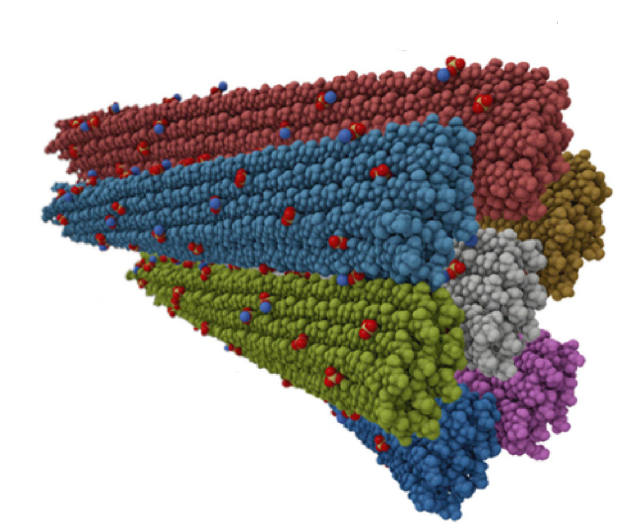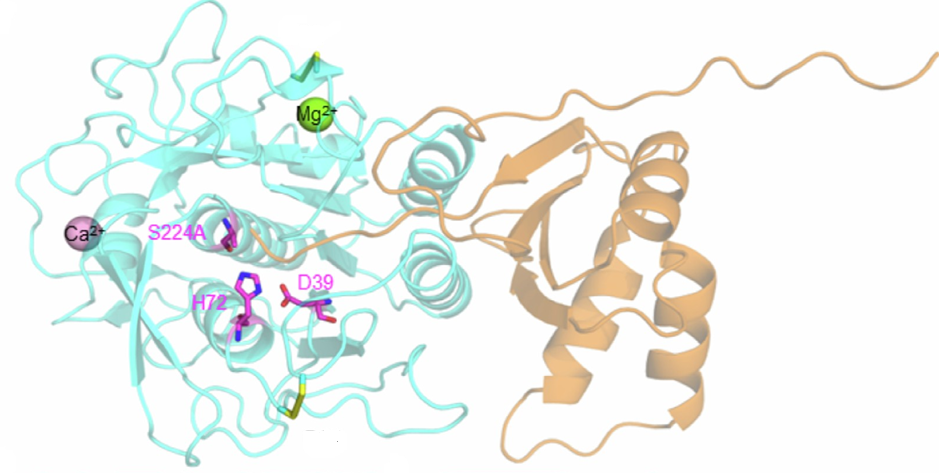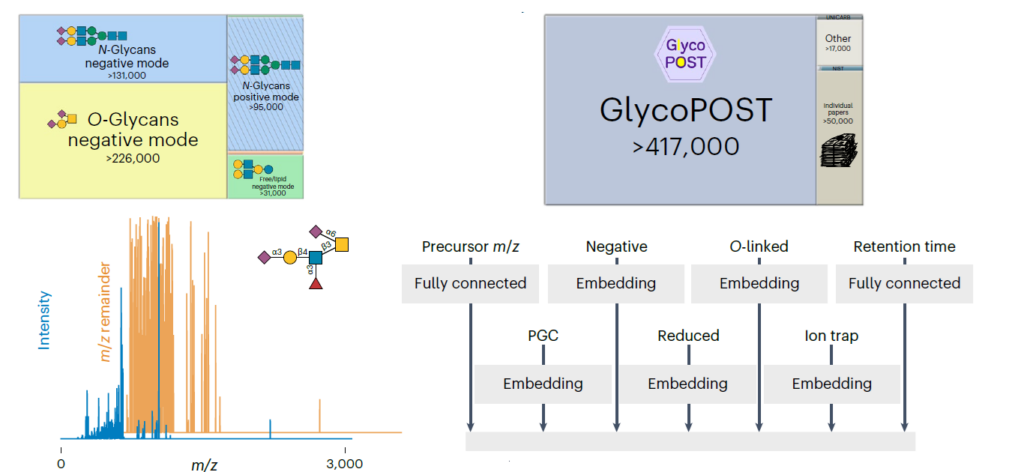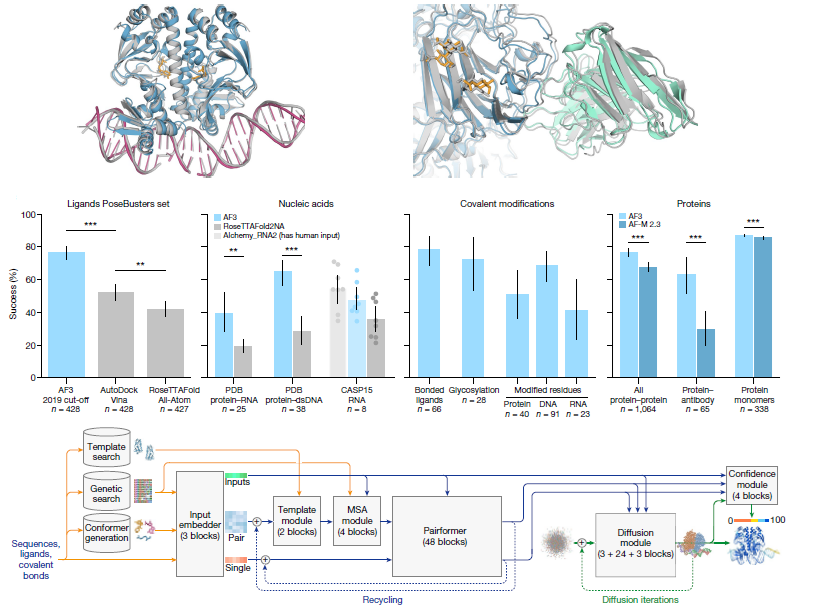Carbohydrates play vital roles in how cells interact with each other and their environment. They help cells recognize self from non-self, which is important for immune responses, cancer prevention and infection control. They affect how proteins fold, work and last in the body. They coat the surface of microorganisms and influence how they stick together to form biofilms. All these functions depend on special proteins that bind to carbohydrates: the lectins.
Lectins are fascinating targets for developing new drugs. By interfering with their ability to bind to carbohydrates, one can modulate various biological processes and treat diseases. Molecules that mimic the shape and properties of carbohydrates are needed. These are called glycomimetics. The authors review and explain how glycomimetics are designed and classified. They discuss three strategies to disrupt lectin function using glycomimetics derived from natural carbohydrates,
using novel synthetic scaffolds as glycomimetics using molecules that bind to other sites on lectins and change their shape.

The authors summarize recent advances in the design and application of glycomimetics for various classes of lectins of mammalian, viral and bacterial origin. Besides highlighting design principles in general, they showcase defined cases in which glycomimetics have been advanced to clinical trials or marketed. The explorations of emerging applications of glycomimetics for targeted protein degradation and targeted delivery purposes are reviewed.



